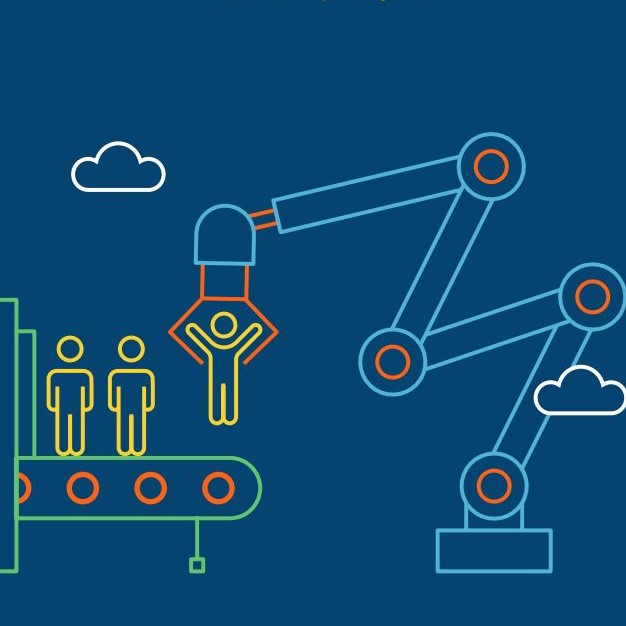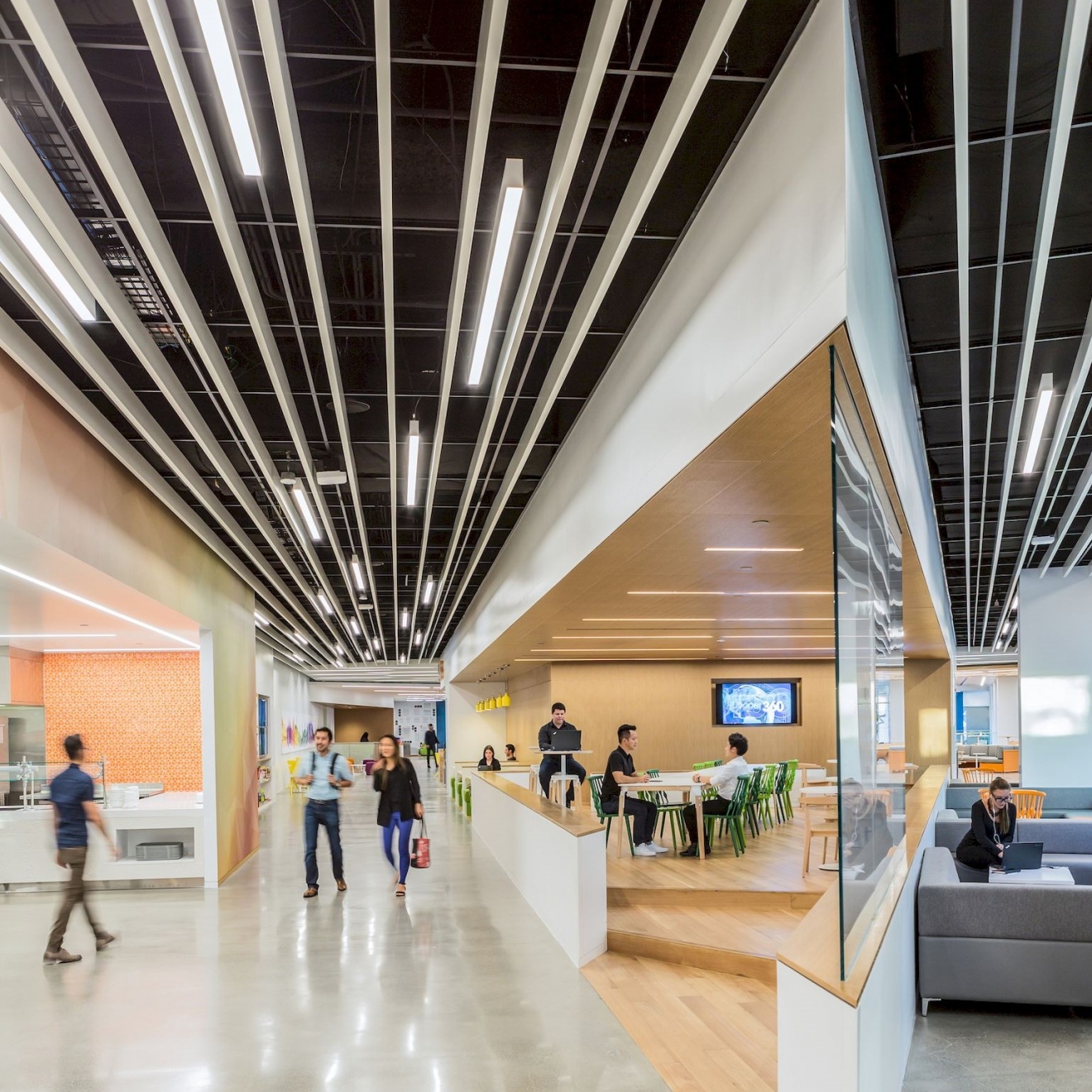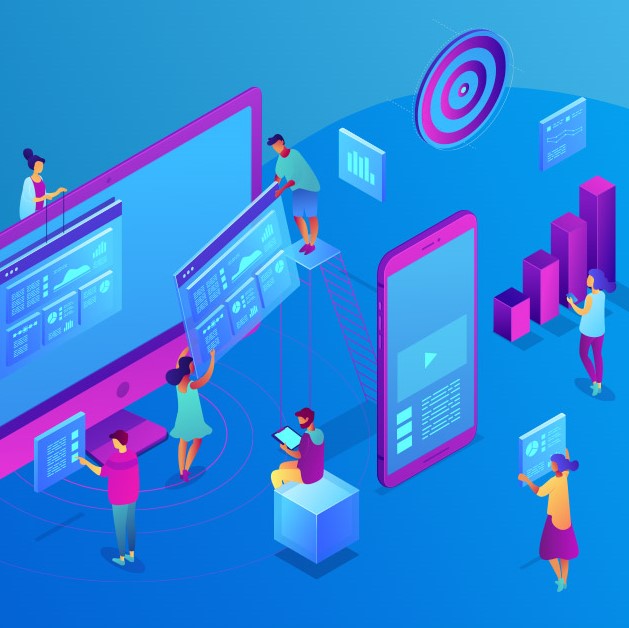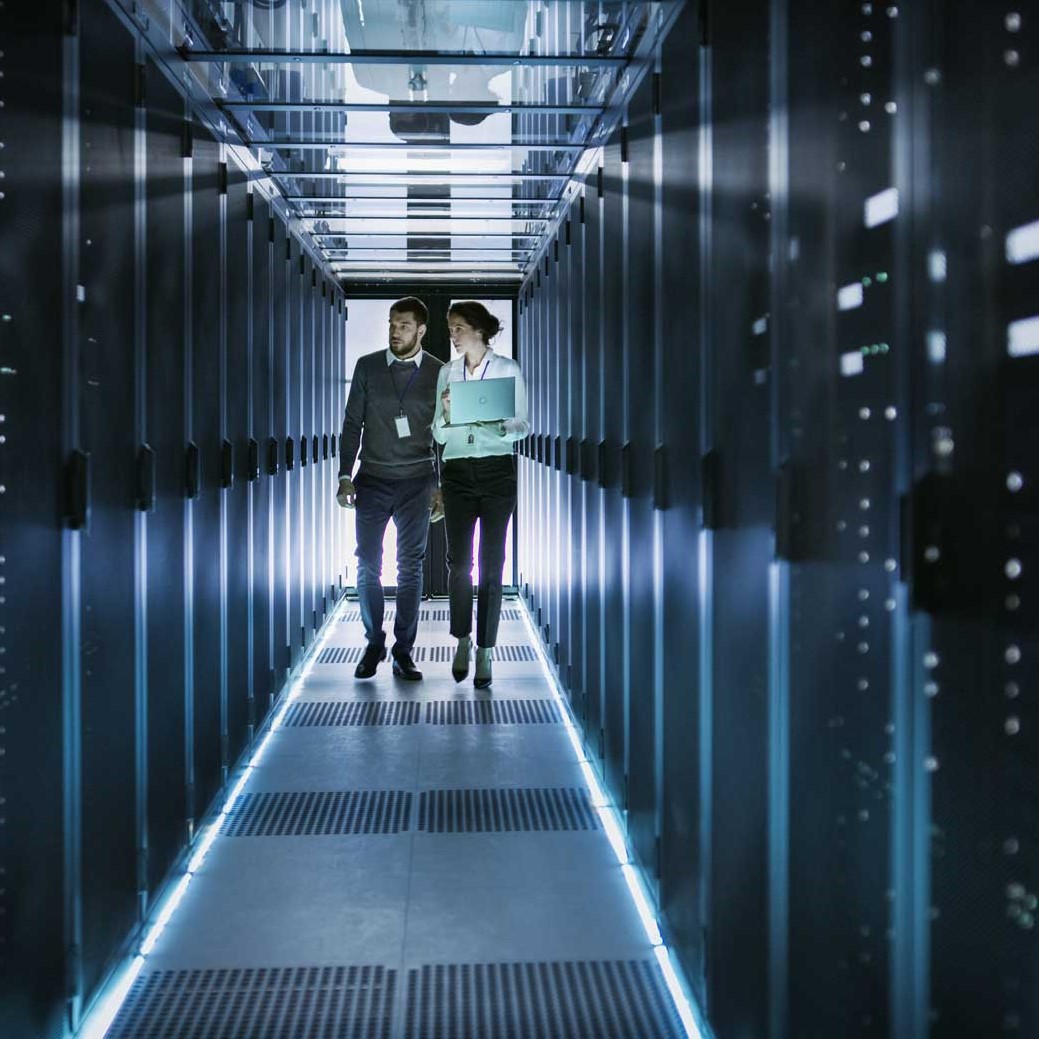November 6, 2019
People game hiring processes they know are carried out by an AI
by Jayne Smith • AI, News, Workplace
 New research into job-seeker attitudes to digitisation, automation and AI in the recruitment process claims to reveal how job-seekers are cheating recruitment technology platforms, to better their chances of landing a job. Seven in ten (67 percent) job seekers admitted to deliberately using optimisation strategies to improve their chances of getting a job. The study, Hiring Humans vs. Recruitment Robots, from recruitment software provider TribePad canvassed the views of over 1,000 employees and job seekers in the UK. The report’s key claim is that, as technology continues to permeate the recruitment and HR industry, job-seekers are looking for ways to game the systems. (more…)
New research into job-seeker attitudes to digitisation, automation and AI in the recruitment process claims to reveal how job-seekers are cheating recruitment technology platforms, to better their chances of landing a job. Seven in ten (67 percent) job seekers admitted to deliberately using optimisation strategies to improve their chances of getting a job. The study, Hiring Humans vs. Recruitment Robots, from recruitment software provider TribePad canvassed the views of over 1,000 employees and job seekers in the UK. The report’s key claim is that, as technology continues to permeate the recruitment and HR industry, job-seekers are looking for ways to game the systems. (more…)
October 30, 2019
The workplace of the future and its tech must work for the good of society
by Neil Franklin • AI, News, Technology, Wellbeing
 Automation is not likely to eliminate millions of jobs any time soon — but the U.S. and other countries still need vastly improved policies if people are to build better careers and share prosperity as technological changes occur, according to a new MIT report about the workplace of the future. The report, which represents the initial findings of MIT’s Task Force on the Work of the Future, claims to puncture conventional wisdom and builds a nuanced picture of the evolution of technology and jobs.
Automation is not likely to eliminate millions of jobs any time soon — but the U.S. and other countries still need vastly improved policies if people are to build better careers and share prosperity as technological changes occur, according to a new MIT report about the workplace of the future. The report, which represents the initial findings of MIT’s Task Force on the Work of the Future, claims to puncture conventional wisdom and builds a nuanced picture of the evolution of technology and jobs.
October 17, 2019
People spend more time than you think repeating completed tasks
by Neil Franklin • AI, News, Technology
 A new global study of more than 10,000 office workers, claims that British workers spend a whole month a year (30 days) doing work that a colleague has already completed. Five hours and 5 minutes a week is spent duplicating work. Asana, the publisher of the Anatomy of Work Index (registration) also claims that Brits aren’t spending as much time on the actual work that they’re hired to do.
A new global study of more than 10,000 office workers, claims that British workers spend a whole month a year (30 days) doing work that a colleague has already completed. Five hours and 5 minutes a week is spent duplicating work. Asana, the publisher of the Anatomy of Work Index (registration) also claims that Brits aren’t spending as much time on the actual work that they’re hired to do.
October 16, 2019
Two thirds of people would trust a robot more than their manager
by Neil Franklin • AI, News
 Following the recent report that people would prefer to be replaced by a robot than a human, a new survey from Oracle suggests they also have more trust in robots than their managers. According to the second annual AI at Work study conducted by Oracle and researchers Future Workplace. The study of 8,370 employees, managers and HR leaders across 10 countries, found that AI has changed the relationship between people and technology at work and is reshaping the role HR teams and managers need to play in attracting, retaining and developing talent. (more…)
Following the recent report that people would prefer to be replaced by a robot than a human, a new survey from Oracle suggests they also have more trust in robots than their managers. According to the second annual AI at Work study conducted by Oracle and researchers Future Workplace. The study of 8,370 employees, managers and HR leaders across 10 countries, found that AI has changed the relationship between people and technology at work and is reshaping the role HR teams and managers need to play in attracting, retaining and developing talent. (more…)
October 11, 2019
Workers would prefer to lose a job to a robot than a human
by Neil Franklin • AI, News
 A new study published in the journal Nature Human Behaviour from academics at the Technical University of Munich and the Rotterdam School of Management claims that most people would prefer to be replaced in their job by a robot rather than another human. The study asked 2,000 workers in Europe and North America to respond to one of two scenarios in which they had to decide on the future of the workforce in an independent organisation or another organisation for which they themselves work which had decided to replace its current workforce completely with either robots or new human staff. (more…)
A new study published in the journal Nature Human Behaviour from academics at the Technical University of Munich and the Rotterdam School of Management claims that most people would prefer to be replaced in their job by a robot rather than another human. The study asked 2,000 workers in Europe and North America to respond to one of two scenarios in which they had to decide on the future of the workforce in an independent organisation or another organisation for which they themselves work which had decided to replace its current workforce completely with either robots or new human staff. (more…)
October 3, 2019
Automation now attracts workers to jobs
by Neil Franklin • AI, News, Workplace
 A new report is urging employers to promote their investment in automation and technology when recruiting to avoid missing out on top talent. The What Workers Want 2019 Report (registration), released by Hays, claims that although 70 percent of organisations are investing in automation, nearly a quarter (24 percent) of employers do not currently promote their investment when recruiting. (more…)
A new report is urging employers to promote their investment in automation and technology when recruiting to avoid missing out on top talent. The What Workers Want 2019 Report (registration), released by Hays, claims that although 70 percent of organisations are investing in automation, nearly a quarter (24 percent) of employers do not currently promote their investment when recruiting. (more…)
October 1, 2019
UK organisations falling behind on AI
by Neil Franklin • AI, News, Technology
 UK organisations risk falling behind global competitors unless they act now to accelerate their use of AI technology, according to a new report unveiled today by Microsoft UK. The report claims that organisations currently using AI are now outperforming those that are not by 11.5 percent – a boost that, in the face of unprecedented economic and political uncertainty, UK businesses can ill-afford to pass up, the authors suggest. (more…)
UK organisations risk falling behind global competitors unless they act now to accelerate their use of AI technology, according to a new report unveiled today by Microsoft UK. The report claims that organisations currently using AI are now outperforming those that are not by 11.5 percent – a boost that, in the face of unprecedented economic and political uncertainty, UK businesses can ill-afford to pass up, the authors suggest. (more…)
September 30, 2019
The role of AI in creating a more human workplace
by Josh Squires • AI, Facilities management, Features, Technology
 As artificial intelligence (AI) continues to infiltrate modern society, the benefits and pitfalls the technology receive almost peerless attention. The emergence of AI is of particular importance to how organisations might recruit, with clear signs that they are becoming more interested in the benefits it brings to their businesses.
As artificial intelligence (AI) continues to infiltrate modern society, the benefits and pitfalls the technology receive almost peerless attention. The emergence of AI is of particular importance to how organisations might recruit, with clear signs that they are becoming more interested in the benefits it brings to their businesses.
September 30, 2019
Artificial intelligence to drive the next generation of jobs
by Neil Franklin • AI, News, Technology
 The uptake of artificial intelligence by businesses will transform the UK job market in the near future and will create around 133 million new jobs worldwide. The findings come from a new report called Harnessing the Power of AI: The Demand for Future Skills (registration) from recruiter Robert Walters and market analysts Vacancy Soft. (more…)
The uptake of artificial intelligence by businesses will transform the UK job market in the near future and will create around 133 million new jobs worldwide. The findings come from a new report called Harnessing the Power of AI: The Demand for Future Skills (registration) from recruiter Robert Walters and market analysts Vacancy Soft. (more…)
September 18, 2019
Automation will boost productivity, but risks leaving people behind
by Neil Franklin • AI, News, Workplace
 Unless the Government steps up efforts to manage the transition to automation, many people and entire regions of the UK face being left behind and British businesses could find themselves becoming less competitive, says the Business, Energy and Industrial Strategy (BEIS) Committee in a report published today.
Unless the Government steps up efforts to manage the transition to automation, many people and entire regions of the UK face being left behind and British businesses could find themselves becoming less competitive, says the Business, Energy and Industrial Strategy (BEIS) Committee in a report published today.
(more…)
September 17, 2019
Workers prepared to accept automation but need training
by Neil Franklin • AI, News, Technology
 Research from Gallup suggests that people feel unprepared for the introduction of new technologies, despite being optimistic about their job prospects. The Gallup Real Future of Work report of 4,000 employees has found that people around the world are generally upbeat about the impact of technology and automation on their careers, despite some analysts predicting that AI-enabled machines would take over 50 percent of human jobs within the decade. (more…)
Research from Gallup suggests that people feel unprepared for the introduction of new technologies, despite being optimistic about their job prospects. The Gallup Real Future of Work report of 4,000 employees has found that people around the world are generally upbeat about the impact of technology and automation on their careers, despite some analysts predicting that AI-enabled machines would take over 50 percent of human jobs within the decade. (more…)
September 12, 2019
Automation fear for workers not developing new skills
by Neil Franklin • AI, News
 Over half of workers believe automation will significantly change or make their job obsolete within the next ten years and three quarters would learn new skills or completely retrain to improve their future employability. Yet people given fewer opportunities to learn new digital skills are more fearful of the impact of automation, and are more likely to have lower levels of education. (more…)
Over half of workers believe automation will significantly change or make their job obsolete within the next ten years and three quarters would learn new skills or completely retrain to improve their future employability. Yet people given fewer opportunities to learn new digital skills are more fearful of the impact of automation, and are more likely to have lower levels of education. (more…)













